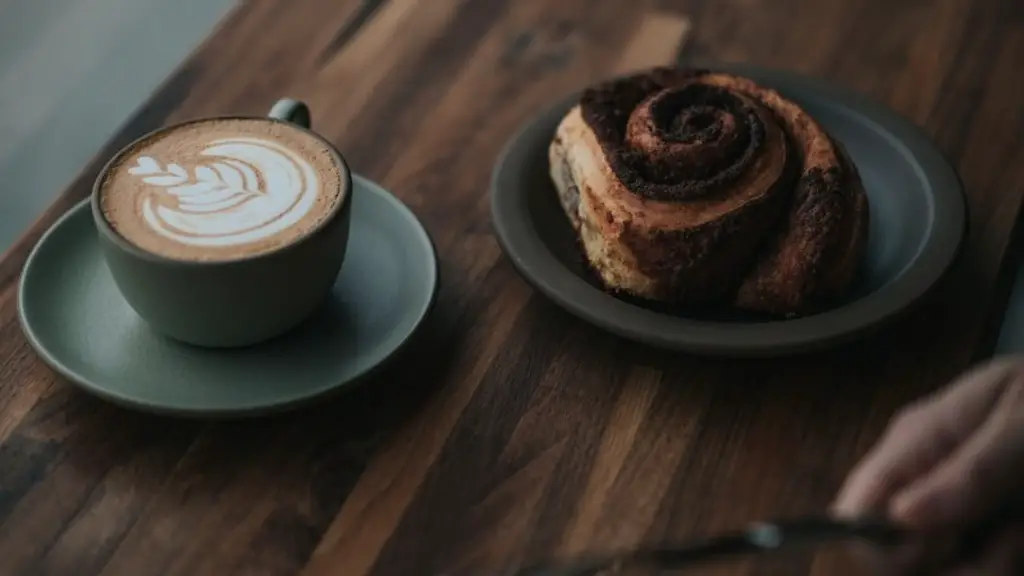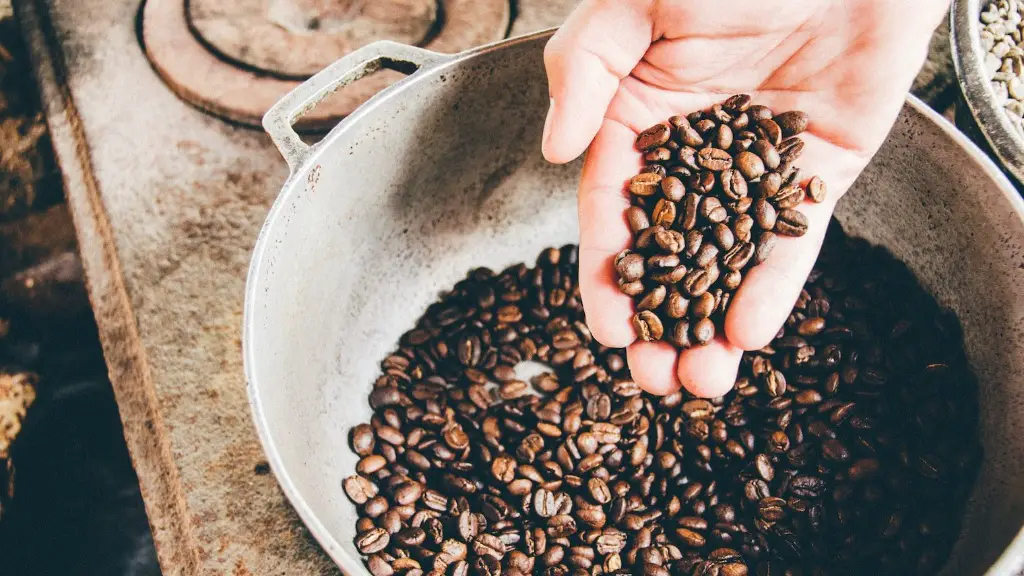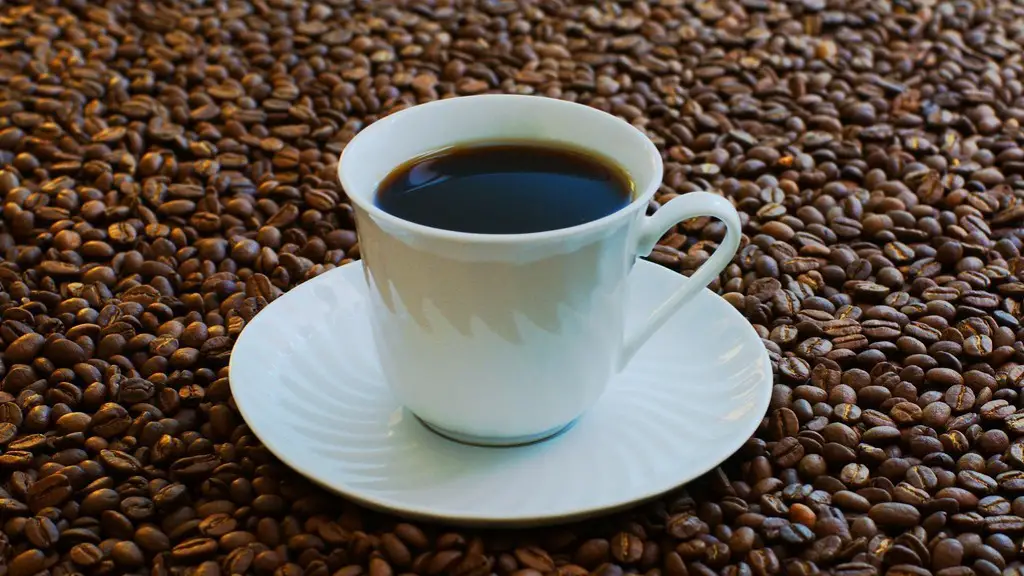Have you ever been to the doctor and been asked to fast for a glucose test? It is often a requirement before getting tested because the food you consume directly affects the accuracy of your results. What about something you consume daily like coffee or tea? Can you drink coffee before your one hour glucose test?
To answer this question, it is important to note that there is no universal answer. In some cases, you may be asked to fast for 8 – 12 hours before testing. However, if you are just getting a one hour glucose test, your doctor may provide you with different instructions.
In general, it is not recommended to consume caffeinated drinks before a glucose test. Caffeine has a diuretic effect, which means it causes the body to produce more urine than usual. This could lead to dehydration and diminish your body’s ability to absorb glucose. In addition, it can temporarily increase blood pressure and speed up your heart rate.
If you are asked to fast for a glucose test, doctors typically advise that you do not eat or drink anything other than water for 8 to 12 hours beforehand. This is because other substances, such as coffee or tea, may interfere with your test results.
It is important to talk to your doctor about your specific instructions before the test. They will be able to give you personalized advice that takes into account any underlying health problems that could impact your results.
Impact of Caffeine
Caffeine is a stimulant found in coffee, tea, and some energy drinks. It is often used to increase alertness and productivity, but it can also have negative side effects on the body. Long-term use of caffeine can lead to sleep deprivation, anxiety, and stomach upset. Consuming it before a glucose test can also affect your results by increasing your heart rate and causing dehydration.
Although there are no confirmed studies on the effects of caffeine on glucose levels, some research has found that caffeine intake can increase blood glucose concentration. One study found that caffeine intake of 600 milligrams increased post-meal glucose concentration by 8.1%. This suggests that caffeine could affect the results of a glucose test.
In general, it is best to avoid caffeinated drinks before a glucose test – even if it is only a one hour test. Talk to your doctor to be sure that the results of your test will be accurate.
Glucose Test Requirements
A glucose test is a diagnostic procedure used to measure the level of glucose (sugar) in your blood. It is important to follow your doctor’s instructions when getting a glucose test. They may ask you to fast for 8 – 12 hours before the test, although a 1-hour glucose test is usually sufficient for accurate results.
Fasting before a glucose test allows your doctor to get the most accurate results. During a 1-hour glucose test, the doctor will measure your fasting glucose level, then have you consume a liquid with a high sugar concentration, such as glucose or orange juice. After one hour, they will measure your sugar level again to check for changes in blood sugar levels.
If you are asked to fast for a glucose test, your doctor may prescribe other instructions such as avoiding certain foods and drinks, including caffeinated beverages. This is important to keep in mind so that your testing results are accurate.
What to Drink Before a Glucose Test
If your doctor has asked you to fast before a glucose test, it is important to remember that water is the only thing you should drink. However, some doctors may allow other drinks such as herbal teas, light soups, and even low-calorie sports drinks. Fruits and vegetables with a low sugar content can also be consumed.
It is also important to remember that alcohol is not allowed before a glucose test. Alcohol causes intoxication, which can affect your test results. The same goes for caffeinated beverages such as coffee, tea, and energy drinks. The stimulant in coffee can interfere with your glucose test results, so it is best to avoid it before testing.
If you have any questions about what to eat and drink before a glucose test, talk to your doctor or healthcare provider. They will be able to give you personalized advice that is tailored to your specific needs.
Concerns with Glucose Level Tests
If you have been asked to get a glucose test, it is important to understand that this test is used to measure your blood sugar levels. A high blood sugar level can indicate diabetes, while a low blood sugar level can indicate other health problems. It is important to talk to your doctor to determine if the results of your test are within a healthy range.
In some cases, your doctor may find that the results of your test are abnormal. If this is the case, they may ask you to repeat the test or prescribe further tests to determine the cause. Diabetes is a serious condition that requires medical treatment, so it is important to get tested if your doctor suspects you may have it.
It is also important to note that there is no single cause of abnormal glucose levels. In some cases, dietary habits and lifestyle choices may play a role. It is important to speak to your doctor about any changes you may need to make to your diet and lifestyle to help keep your glucose levels normal.
Facts about Glucose Tests
Glucose tests are an important diagnostic tool used to measure your blood sugar levels. It is important to follow your doctor’s instructions when getting a glucose test, which may include fasting for 8 – 12 hours before the test. Certain foods and drinks, including caffeine, can interfere with your results, so it is best to avoid them before testing.
It is also important to note that glucose tests are not always accurate. If your doctor suspects that your results may be abnormal, they may ask you to repeat the test or order further tests to determine the cause.
If you have any questions about glucose tests, talk to your doctor. They will be able to provide personalized advice on how to prepare for a glucose test and what to expect from the results.
Importance of Diet and Exercise
In addition to regular glucose testing, it is important to maintain a healthy diet and exercise regularly. This can help keep your glucose levels in a healthy range and reduce your risk of developing diabetes or other health problems.
Eating a healthy, balanced diet that is low in sugar and high in vitamins, minerals, and fiber can help keep your blood sugar levels normal. Incorporating regular physical activity into your daily life can also help. Aim for at least 30 minutes of exercise per day, or 150 minutes per week.
Some foods can actually help regulate your blood sugar levels, such as whole grains, apricots, and legumes. Eating foods rich in chromium, such as beef, whole grains, and potatoes, can also help regulate glucose levels.
If you have diabetes or are at risk of developing it, talk to your doctor or dietitian. They will be able to provide personalized advice on how to manage your blood sugar levels through diet and lifestyle changes.
Supplements and Medications
In addition to diet and lifestyle changes, there are also a number of medications and supplements that can help regulate blood sugar levels. Metformin and glimepiride are two of the most commonly prescribed medications for diabetes. However, these medications may have side effects and should only be taken as prescribed.
Certain vitamins and minerals can also help regulate glucose levels. Vitamin D and chromium are two important nutrients for helping maintain healthy glucose levels. Supplements can be found at most health food stores or online.
It is important to talk to your doctor before taking any supplements. They will be able to recommend the right dosage and tell you if any of these supplements could interfere with any medications you are taking.
If you have any questions about glucose testing, supplements, medications, or diet and lifestyle changes, talk to your doctor. They will be able to give you personalized advice tailored to your specific needs.





